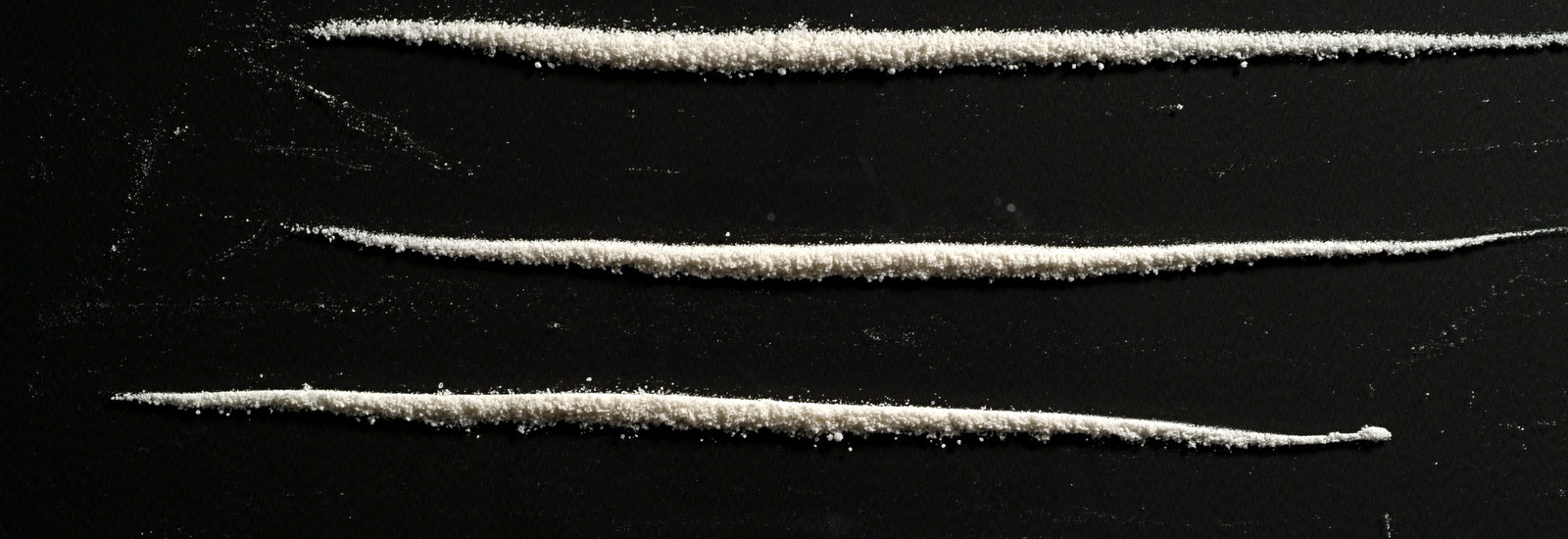Oxford researchers have found a way to break the association between the memory of a drug experience and the particular location where it has occurred.In an experiment carried out on mice, a team from the MRC Brain Network Dynamics Unit at the University of Oxford's Department of Pharmacology was able to disrupt the usual representation of a place in the brain, allowing an alternative neuronal representation of the same place to emerge.
Dr David Dupret led the research. He explained: 'There is a set of neurons in the hippocampus area of the brain which provide our memory system with a map-like representation of places explored. Such a brain representation of space could be strongly attached to particular events. We would naturally think of enriched memories representing environments where great life events have been experienced.
'However certain life events may get so strongly associated with a location that the re-exposure to that location could drive maladaptive behaviour. Those links can make it difficult to break such a behaviour. An example of such strong memories is that of a place where a drug of abuse has been experienced, which is known to lead to an uncontrolled drive to revisit that location in search of additional drug. This drug seeking behaviour could expose the subject to serious consequences.'
The team therefore looked at ways they might be able to edit the hippocampus 'map' to break the drug-place association.
Using optogenetic techniques, where artificial gene expression in neurons makes it possible to activate and deactivate them using light, the team looked at how mice built up an internal map of an enclosure. Over time, place cells fired when the mice entered the increasingly familiar space. However, if those neurons were switched off using a light signal, the mice 'remapped' the space using a set of previously silent neurons.
They also found that if the enclosure was associated with a drug – cocaine – the neurons carrying its map were more reactivated during context re-exposure, confirming the observed behaviour that drug experience drives people back to drug-related places.
Using this information, they then tested whether the drug-location mnemonic pairing could be broken by switching the mice, effectively forcing them to rebuild their memory of the location from scratch.
Lead author Dr Stéphanie Trouche said: 'At first, the mice had a clear preference for a location associated with cocaine. But when we used the optogenetic switch to silence the neurons that were active in that location, as previously seen in drug-free mice, they used a different set of neurons to build a new map – which was not tagged with the drug context. They became familiar with the enclosure again but did not link it to the drug.
'These are early days for such a technique, but in principle this confirms that recoding an engram – the brain's way of storing a memory– by using existing neurons, could be a very effective strategy to reset undesirable memory associations and neutralise harmful behaviour.'
